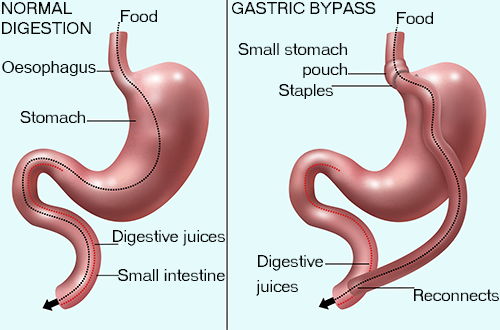
Risks Associated With Both Types of Bariatric Surgery
Introduction:
Are you considering bariatric surgery? If so, you must understand the difference between gastric sleeve and gastric bypass surgery. Both surgeries are designed to help people who want to lose a significant amount of weight. While they have a similar goal, the way they go about achieving that goal is very different. Let’s take a look at how these two types of bariatric surgery compare.
Gastric sleeve Surgery
Gastric sleeve surgery, also known as vertical sleeve gastrectomy, is an irreversible procedure in which up to 85 percent of the stomach is removed. This means that your stomach capacity will be greatly reduced, allowing you to feel full sooner than before. The remaining portion of the stomach is turned into a tube-like shape that restricts food intake and helps control hunger hormones. As with any major surgical procedure, there are risks associated with gastric sleeve vs gastric bypass surgery including nausea, vomiting, infection, blood clots, and even death in rare cases.
Gastric bypass Surgery
Gastric bypass surgery involves creating a small pouch at the top of your stomach where food will enter before passing through a “bypass” section that reduces the number of calories absorbed by your body. Unlike gastric sleeve surgery, this type of procedure is reversible since it does not involve cutting or removing any part of the stomach. However, there are still risks associated with this type of procedure including nausea, vomiting, infection, and even death in rare cases. Additionally, patients may experience changes in their bowel habits due to malabsorption caused by the bypassed section of the intestine not absorbing certain nutrients properly.
Conclusion:
At first glance, it can seem like there isn’t much difference between gastric sleeve and gastric bypass surgery but when you look closer you can see that each one has its unique benefits and risks associated with it. It’s important for those considering either type of bariatric procedure to understand all aspects before making an informed decision about which option is best for them. Ultimately though both procedures can help aid in weight loss so long as they are accompanied by lifestyle changes such as regular exercise and healthy eating habits. The most important thing is finding what works best for you!